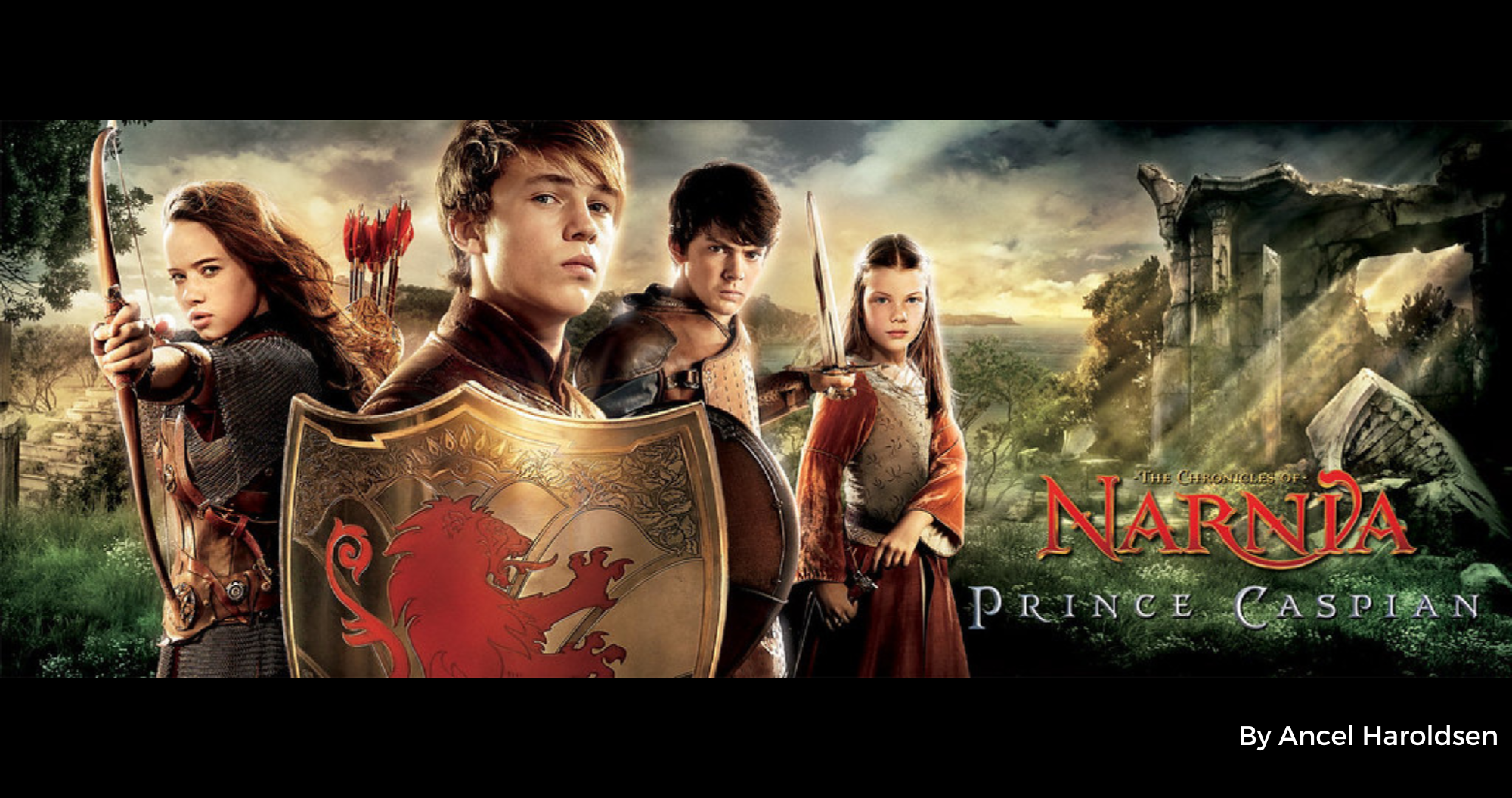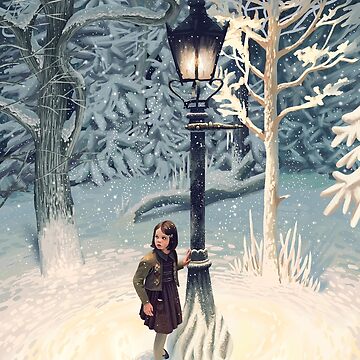
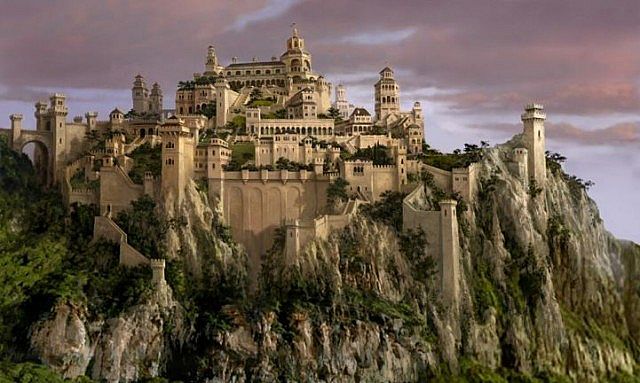

Lampost
The lampost making the begining of Narnia and the place where Lucy first enters Narnia.It stands as a bright light for all those that wander.
Cair Paravel
The royal castle of Narnia. It was the location of the four thrones of High King Peter, Queen Susan, King Edmund and Queen Lucy. Cair Paravel was built some time before the Golden Age of Narnia. When the four Pevensie children entered Narnia and became Kings and Queens of the country after the defeat of the White Witch, Cair Paravel became the seat of the court of the High King Peter.
Aslan's Tomb
The location of the stone table where Alsan was killed and then lived again. Also became the place for Narnians to make their last stand against the Telmaraines

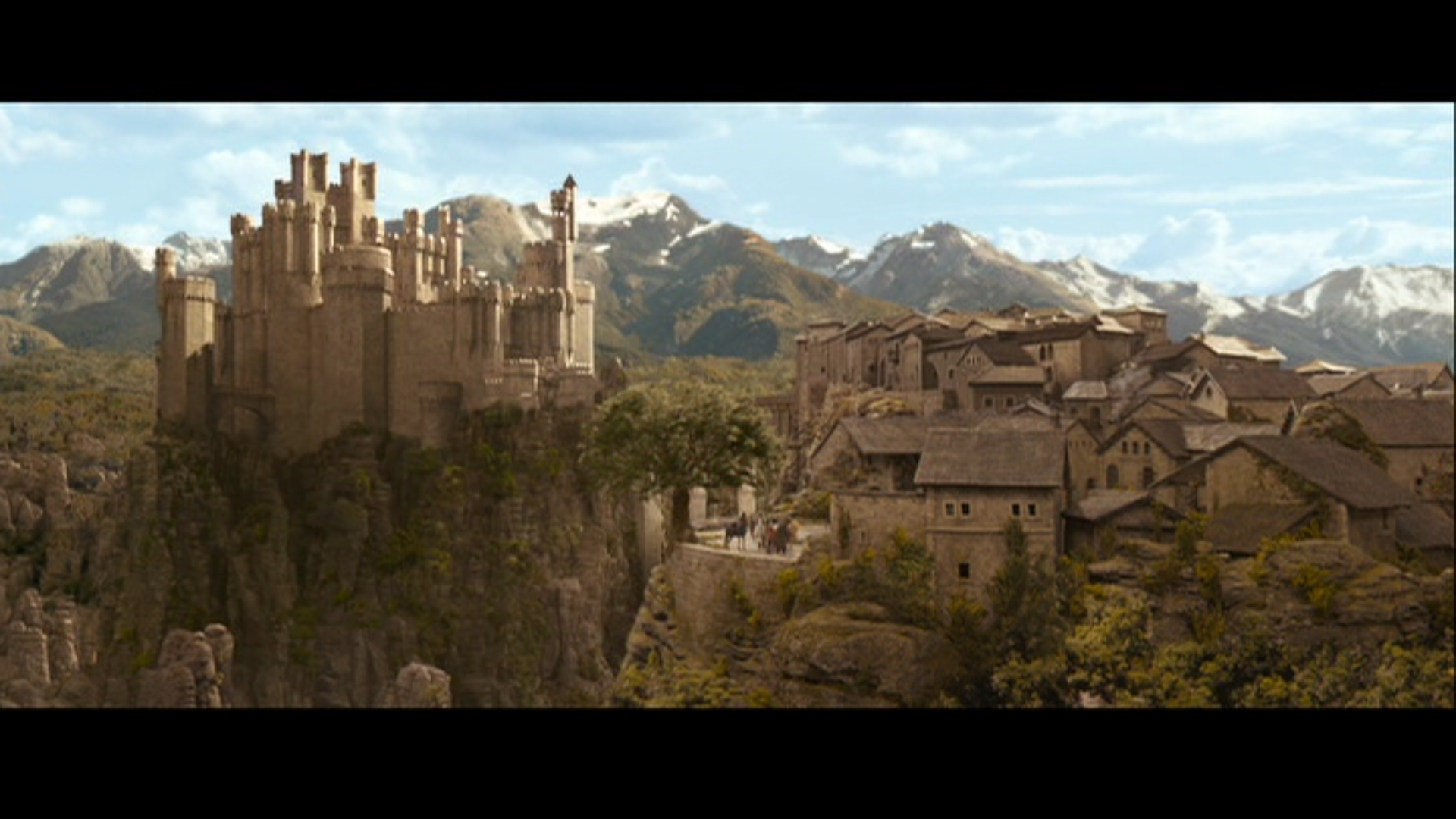

Aslan's Camp
The gathering place of Alsan's army as they prepared to challenge the white witch for control of Narnia.
Telmar
Located to the west of Narnia, Telmar was a land colonized first by refugee pirates from the "real" world; where it is in relation to the Western Waste to Narnia's immediate west is unclear, however.
Great River of Narnia
It runs through the centre of Narnia, all the way from the wilderness in the west, beyond the lamppost, to the sea on the east, where the great castle of Cair Paravel lies at its mouth. Along the river lie some of Narnia's most famous landmarks; amongst which are Beaversdam and Beruna.
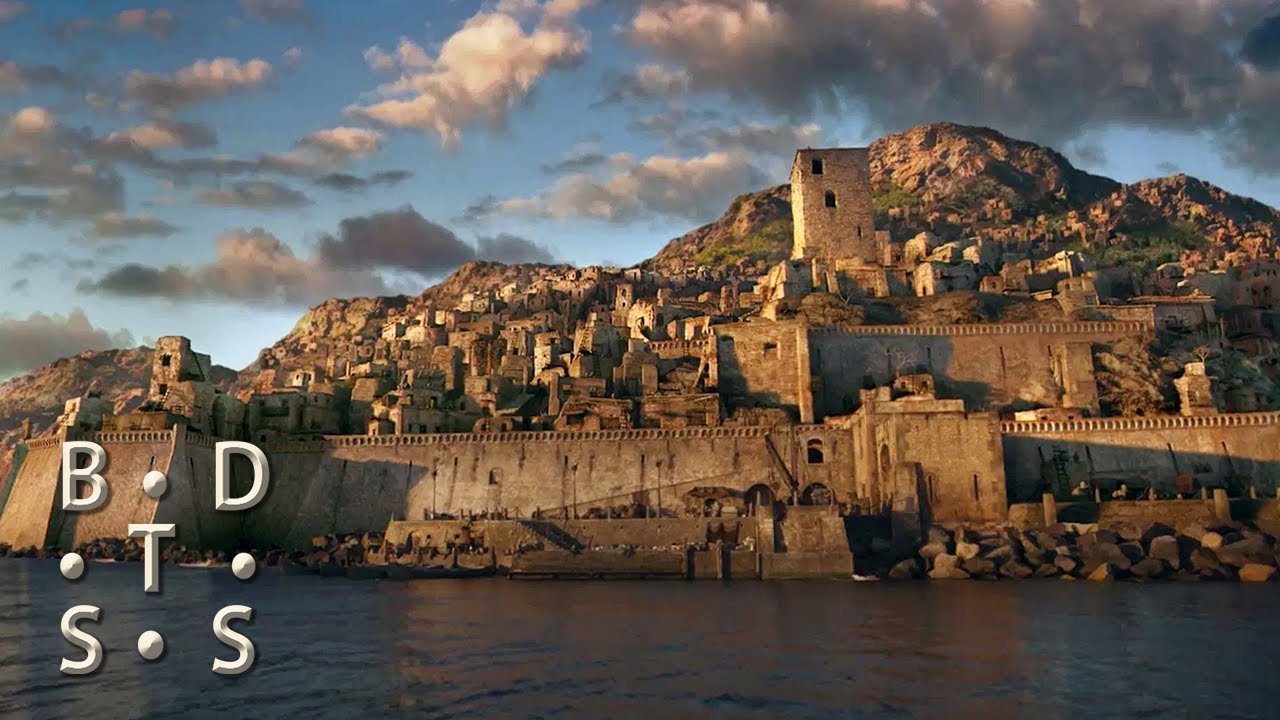
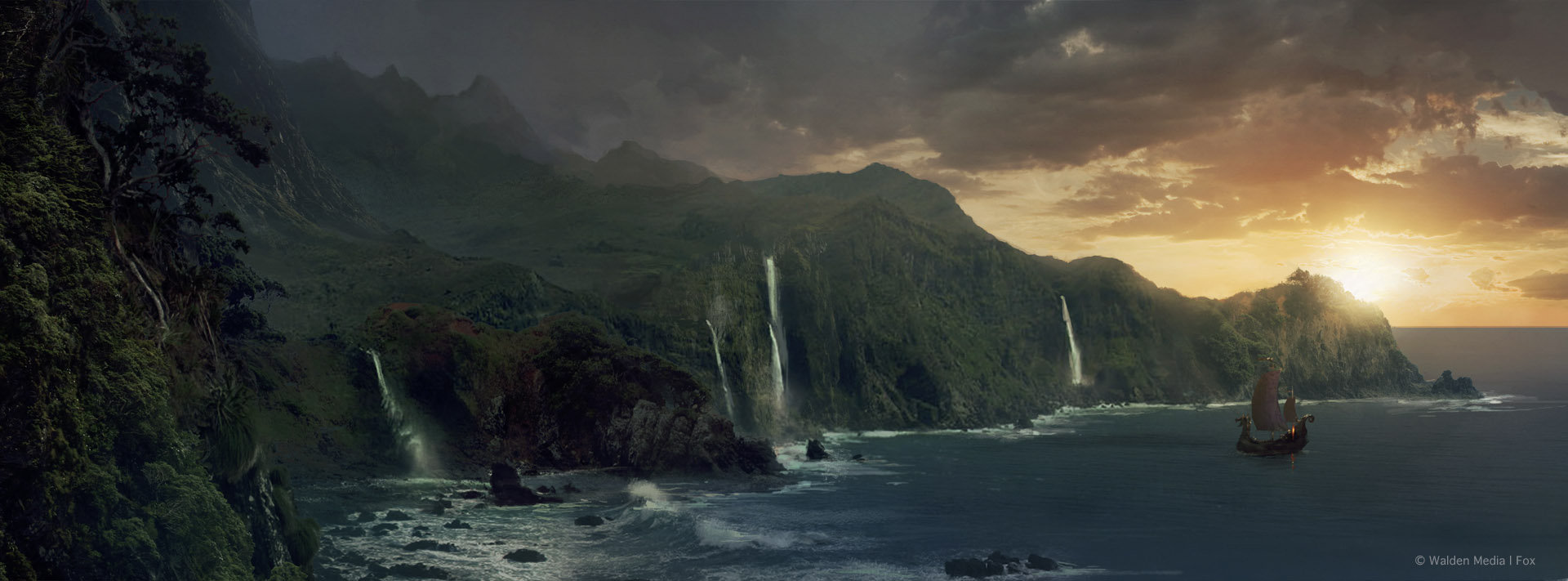

Island of Ramandu
An island in the Eastern Sea. Though some call it the World's End, it is really only the beginning of the end. Home of the star Ramandu and Aslan's table.
Lone Islands
The Lone Islands are the most populous and busiest of the islands in the Eastern Ocean. There are three of them: Doorn, Avra, and Felimath.
White Witch's House
Although referred to as a house, it is actually a castle in Narnia. A palace made of stone, though covered entirely of ice, which the White Witch ruled from.
